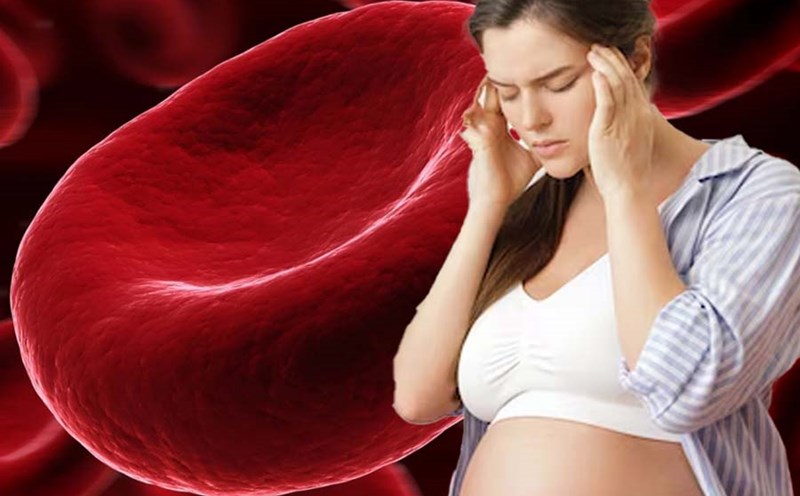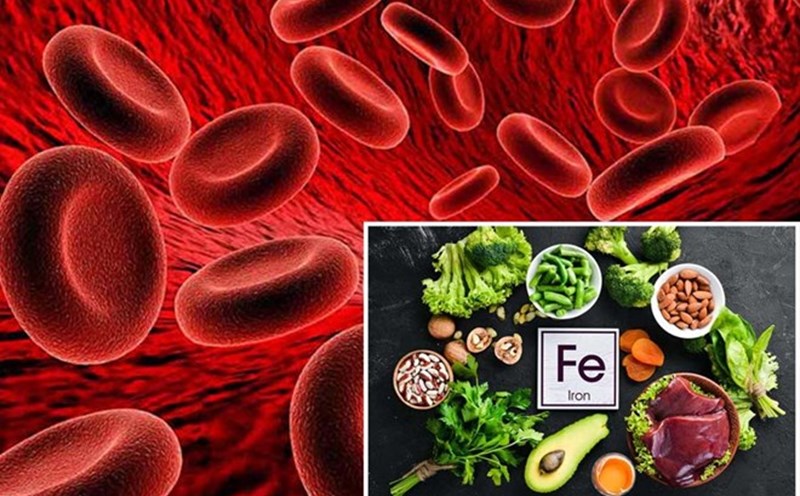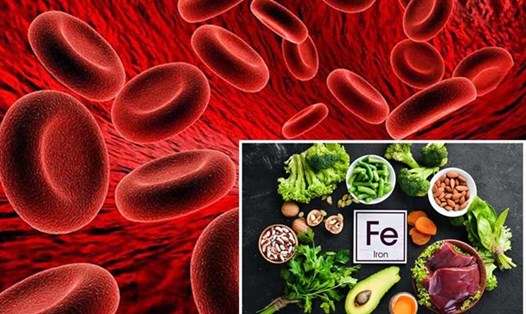Habits that warn of potential health risks
Dr Pratik Tibdewal, consultant gastroenterologist, Wockhardt Mira Road Hospital (India) – said, craving sweets or salty foods is normal, but if you crave ice and constantly chew them, this action can indicate many potential health problems.
“Ice craving is a condition in which an individual repeatedly eats ice or chews on non-nutritive items. In medicine, this phenomenon is also known as pica, which is a condition in which a person has a compulsive desire to eat non-food items, such as ice, dirt, or even laundry detergent.
When you crave ice, it could be a sign of iron deficiency in your body.
When the body lacks iron, it can develop anemia. Iron deficiency anemia, in particular, causes symptoms such as fatigue, pale skin, dizziness, and cravings for non-food items, including ice.
This condition may be related to iron deficiency which reduces the amount of oxygen supplied to the body's tissues, causing the body to seek "strange" ways to improve this feeling, including eating ice.
“Iron deficiency is a condition in which the body cannot produce enough hemoglobin, a protein in red blood cells (RBCs) that carries oxygen from the lungs to the rest of the body. For people with iron deficiency anemia, chewing ice can help improve cognitive functions such as memory, alertness, learning ability, decision making, and the ability to multitask,” Dr. Tibdewal explains.
Sharing the same view, Dr. P Venkata Krishnan, internal medicine physician, Artemis Hospital (India) – notes that chewing ice can lead to dental problems such as chipped or cracked teeth, damaged enamel and increased sensitivity. Teeth are not designed to withstand the hardness of ice and the repetitive stress can cause significant damage to the jaw muscles as well.
Chewing ice can also be a persistent habit as the person who enjoys it finds the texture and coldness of ice very enjoyable and appealing. But it is important to note that this habit can be harmful to your oral health and damage your teeth.
Create healthy habits
You can replace ice with healthier options that provide a similar sensation, such as crunchy fruits and vegetables (e.g. carrots or celery, cucumbers) or sugar-free gum. This can help satisfy the craving without harming your teeth.
If you have frequent cravings for ice, don’t rule out the possibility that your body is signaling an iron deficiency. You should consult a doctor to check your iron levels and get appropriate advice and treatment.









